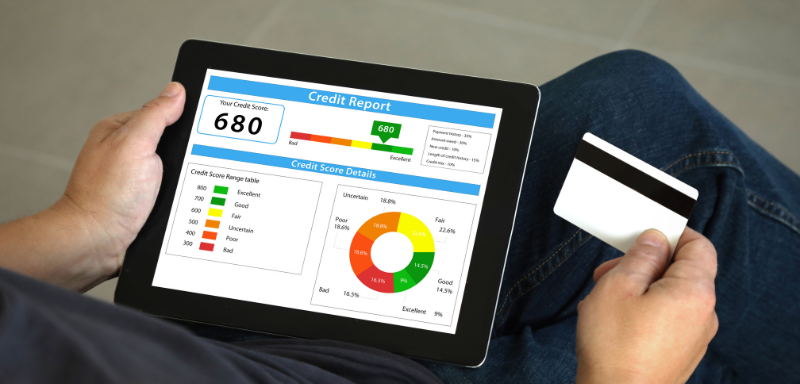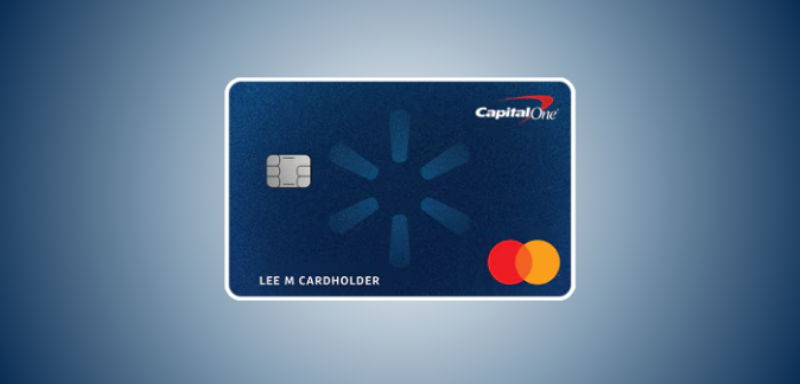Finance
What is a Good Credit Score (and How Do I Get One)?
Understanding your credit score is key to better loans and rates. Find out what a good score is and how to reach it with the right strategy.
Advertisement
Cracking the Credit Code: Your Path to Financial Freedom

Getting a good credit score is like finding the treasure map of the financial world! With it, you unlock lower interest rates, better loan terms, and even a smile from the bank manager when you ask for a credit card or mortgage.
But what exactly is a good credit score, and more importantly, how can you boost yours? Stick around, and I’ll show you the ropes.
Cracking the Credit Score Code: The Basics
A credit score is like that report card you never asked for but have to carry around for life. It ranges from 300 to 850, and the higher, the better!
The most popular type of credit score in the U.S. is the FICO Score—it’s the rockstar of credit scores, used by most banks and lenders.
Your score is based on things like your payment history, how much you owe, how long you’ve had credit, and a few other factors.
Here’s how the score breaks down:
| Score Range | Rating | Impact |
|---|---|---|
| 800-850 | Excellent | You’re basically in the VIP room with the lowest interest rates and big smiles from creditors. |
| 740-799 | Very Good | Almost there! You’ll get favorable terms on most credit products. |
| 670-739 | Good | Approval odds are solid, but your interest rates could vary. |
| 580-669 | Fair | You might get in the door, but the terms won’t be the best. |
| 300-579 | Poor | It’s rough here—approval is tough, and the interest rates are sky-high. |
You will be redirected to another website
By submitting this form, I agree that I am 18+ years old and I agree to the Privacy Policy and Terms and Conditions. I also provide my signature giving express consent to receive marketing communications via automated emails, SMS or MMS text messages and other forms of communication regarding financial products such as credit card and loans. Message frequency varies and represents our good faith effort to reach you regarding your inquiry. Message and data rates may apply. Text HELP for help or text STOP to cancel. I understand that my consent to receive communications is not a condition of purchase and I may revoke my consent at any time.
So, What’s a Good Credit Score?

If you’re wondering what a good credit score is, here’s the quick answer: anything above 670.
But if you’re chasing that premium deal with low interest rates and fantastic terms, aim for 740 or higher. Lenders will see you as the star student—the one who turns in homework on time and aces every test.
In a nutshell:
- Good: 670-739
- Very Good: 740-799
- Excellent: 800 and above
The higher, the better! Not only will it make it easier to get approved for credit, but you’ll also score sweet terms on loans and other financial products.
How Is a Credit Score Calculated?
Now that you know what’s considered a good score, let’s break down how it’s calculated. Your score is basically a blend of five key ingredients:
| Factor | Weight | Description |
|---|---|---|
| Payment History | 35% | Paying everything on time is king. Late payments? Don’t even think about it! |
| Amounts Owed | 30% | How much of your available credit you’re using. Less is more here. |
| Length of Credit History | 15% | The longer you’ve been in the credit game, the better! |
| New Credit | 10% | Applying for new credit too often? Avoid it like the plague. |
| Credit Mix | 10% | A mix of accounts (credit cards, loans, mortgages) shows you can handle it all like a pro. |
Steps to Get a Good Credit Score

If you’re aiming to improve or maintain your score in tip-top shape, here’s your survival guide:
1. Pay Bills on Time
This is the bread and butter of credit scores. Your payment history makes up 35% of the score, so missing a payment is like shooting yourself in the foot. Pro tips:
- Set up automatic payments so you never forget a due date.
- Use your phone’s alarm or calendar to remind you to pay on time.
2. Keep Your Credit Utilization Low
Credit utilization is how much of your available credit you’re using. The golden rule? Stay below 30% of your total limit. So, if your credit card limit is $5,000, aim to use less than $1,500. Some ways to manage this:
- Pay off your balance in full whenever you can.
- If you need to, ask for a credit limit increase (just don’t go on a spending spree after).
3. Be Careful With New Credit Applications
Every time you apply for a new line of credit, a “hard inquiry” is made, which can knock a few points off your score. Apply for too many new accounts in a short time? That’s a no-go. The strategy here:
- Only apply for credit when you actually need it.
- Avoid opening multiple accounts at once.
4. Monitor Your Credit Reports
Did you know you can request a free credit report from the three major bureaus—Equifax, Experian, and TransUnion—once a year via AnnualCreditReport.com? Monitoring your reports helps you:
- Spot any errors that could be dragging your score down.
- Catch fraud or shady activity.
If you find something wrong, dispute it and get it corrected ASAP.
5. Build a Long Credit History
The longer you’ve been playing the credit game, the more comfortable lenders feel. Here are a few ways to build a strong history:
- Keep your older credit cards open, even if you don’t use them often.
- If you’re new to credit, ask to become an authorized user on someone else’s account to start building history.
6. Mix It Up With Different Types of Credit
Lenders love to see that you can juggle various types of credit, like:
- Credit cards
- Mortgages
- Auto loans
- Personal loans
You don’t need to take on debt just to improve your score, but if you can handle different accounts responsibly, it’s a big plus.
Why You Should Monitor Your Credit Score
Keeping an eye on your credit score is key to knowing how your actions affect your financial life. Here are some tools that can help you track your score:
- Credit Karma – Free credit score access plus personalized tips to boost it.
- Experian – One of the big credit bureaus, offering tools to monitor and manage your score.
- Annual Credit Report – Request your free annual report from all three credit bureaus.
How Long Does It Take to Improve a Credit Score?
Boosting your credit score isn’t a sprint, it’s a marathon! Depending on where you’re starting from, it can take anywhere from 3 months to a year to see significant improvements. Patience is your best friend here.
The Bottom Line: Understanding the Numbers That Shape Your Financial Future
Achieving a good credit score is all about discipline and consistency. By paying your bills on time, keeping your credit utilization in check, and monitoring your report closely, you’ll watch your score soar.
Remember, building an excellent score takes time—but it’s worth every penny saved on lower interest rates and better loan terms.
If you’re ready to start working on your credit score, make use of the tools and strategies mentioned above and check your credit report regularly. Good luck!
Trending Topics

Upstart Personal Loan Review: Beyond Credit Scores
Upstart personal loans offers a lifeline for those overlooked by traditional lenders. Learn how their inclusive criteria can benefit you.
Keep Reading
LightStream Personal Loan Review: Low Rates & Fast Funding
Is LightStream the key to unlocking your financial goals? Explore our comprehensive review covering rates, repayment options and much more!
Keep ReadingYou may also like

Universal Credit Personal Loan review: Up to $50,000
Ready to level up your finances? Explore the magic of theUniversal Credit Personal Loan in our review, where financial dreams come true.
Keep Reading
Capital One Walmart Rewards® Card: Cashback
Maximize your Walmart purchases with the Capital One Walmart Rewards® Card. Generous cashback, competitive APR, and no annual fee
Keep Reading
